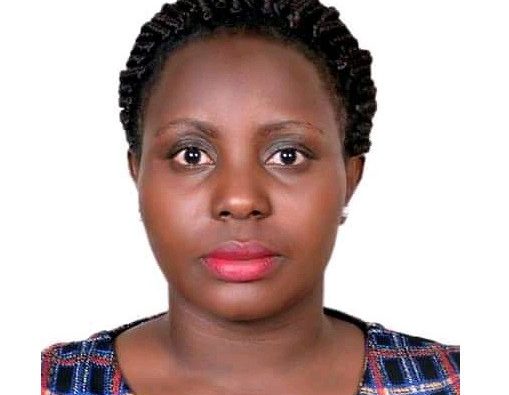Worldwide, cervical cancer is the fourth most common type of cancer. In 2020, an estimated 604,000 women were diagnosed with cervical cancer worldwide and about 342,000 women died from the disease. The main cause of cervical cancer is persistent infection with high-risk types of human papillomavirus (HPV), transmitted through sexual contact.
Vaccines exist that protect against high-risk HPV types, and screening programmes can detect signs of disease at an early stage allowing for effective treatment and management of the condition.
This means that cervical cancer should be one of the most preventable and treatable forms of cancer.
In many high-income countries, this is the case however, high incidence rates and high mortality rates of cervical cancer occur mainly (approximately 90% for both) in low- and middle-income countries.
In Uganda, cervical cancer is the most common incident and mortal cancer amongst women as it contributes to about 40% of all malignancies reported by Kampala Cancer Registry.
Estimates show that in 2018, about 6,413 women were newly diagnosed with and 2,400 succumbed to cervical cancer.
It is projected that by 2025, Uganda will have about 6,400 new cervical cancer cases and 4,300 deaths annually.
With the limited access to cervical cancer screening and early treatment of pre-cancerous lesions, prevention of HPV infection through vaccination could be the most critical intervention in the prevention of cervical cancer in Uganda.
The World Health Organization (WHO) and Ministry of Health (MOH) Uganda recognize primary prevention of cervical cancer which is preventing the initial onset of cervical cancer by vaccinating girls aged 9-14 years before exposure to sex or HPV.
In Uganda, effective HPV vaccines against HPV 16 and 18 which cause approximately 70% of all cervical cancer cases worldwide have been available since 2006. The first HPV pilot vaccination in Uganda was first implemented in 2008 in the districts of Nakasongola and Ibanda to assess the feasibility of the intervention.
It was later piloted in 12 other districts in 2012. The breakthrough of these pilot projects paved the way for a countrywide rollout of the HPV vaccination in November 2015. The MoH Uganda through its strategic plan for cervical cancer prevention committed itself to achieving 80% HPV vaccine coverage among eligible girls.
However, various research studies show less than 50% of the young girls completed the second dose of the HPV vaccine. The WHO recommends the 2-dose HPV vaccine schedule for girls less than 15 years of age, with an interval of 6 months or as a 3-dose schedule for girls aged 15 years and above for maximum protection against HPV.
It’s important to note that January is Cervical Cancer Awareness Month annually and globally. Therefore, to eliminate cervical cancer as a public health problem, all countries including Uganda must reach and maintain an incidence rate of fewer than 4 new cases of cervical cancer per 100,000 women per year. Achieving this goal rests on three key pillars and their corresponding target as below;
- HPV Vaccination with 90% of girls fully vaccinated with the HPV vaccine by the age of 15 years.
- Cervical Cancer Screening with 70% of women screened using a high-performance test by the age of 35 years, and again by the age of 45 years.
- Cervical cancer Treatment with 90% of women with pre-cancer treated and 90% of women with invasive cancer managed.
Conclusively, each country should meet the 90-70-90 targets by 2030 to get on the path towards eliminating cervical cancer by the end of this century.
Do you have a story or an opinion to share? Email us on: dailyexpressug@gmail.com Or follow the Daily Express on X Platform or WhatsApp for the latest updates.
The author; Lilian Nuwabaine Luyima; is BSc Nurse & MSN-Midwife & Women’s’ Health Specialist working with Aga Khan University as the CPD Coordinator & the Heroes in Health Award Winner-Midwife of the year 2021

